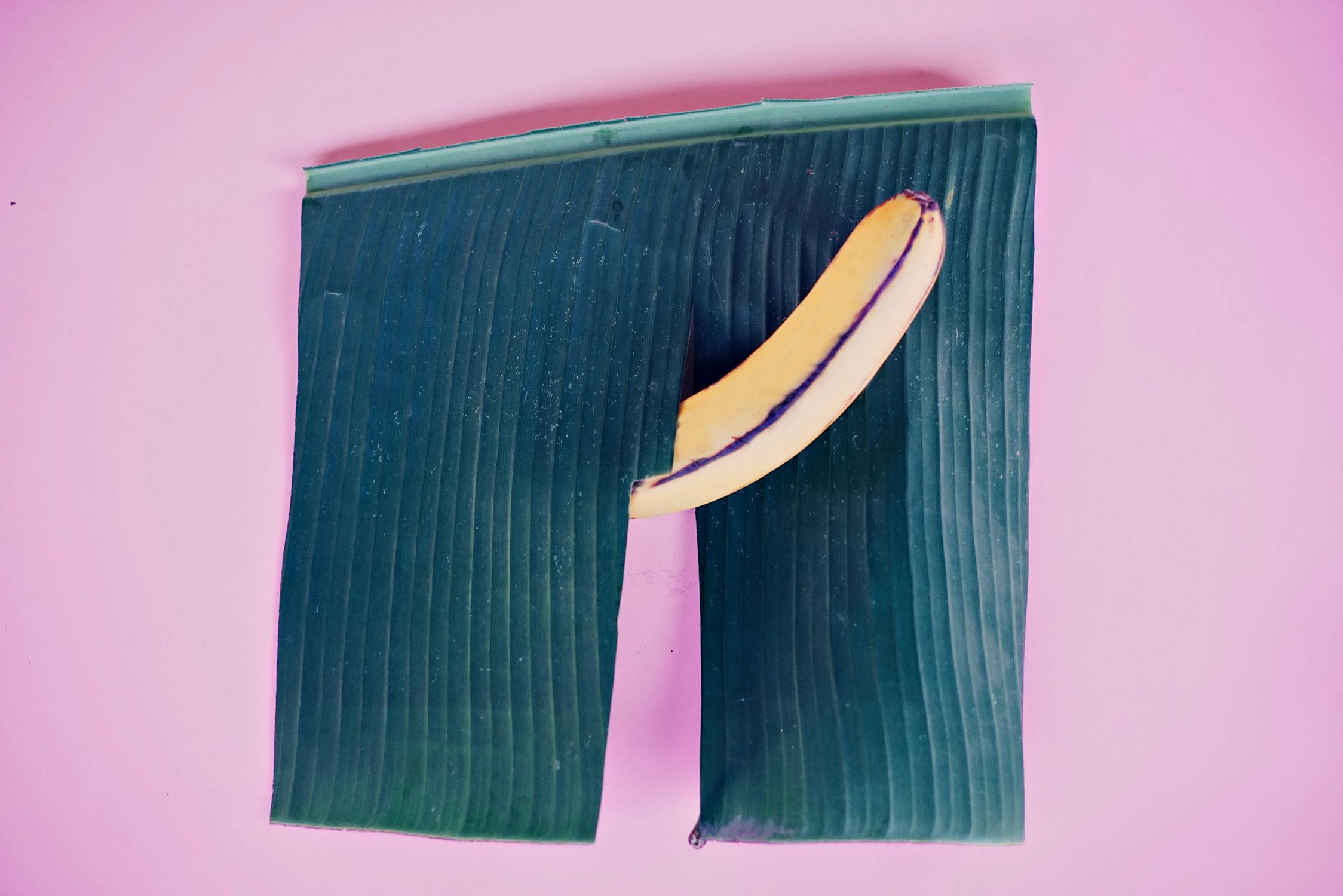Before the deadly coronavirus hit New York, Francisco Díaz’s job as a gerontological nurse practitioner was educating seniors on managing their diabetes. Now, he’s at the heart of the pandemic, working in a New York City emergency room.
“I have worked during the influenza outbreaks, the swine flu, but never a public health threat of this dimension,” said Díaz. April 8 was “one of the hardest days” at his hospital, Mount Sinai West, he told KHN. Gov. Andrew Cuomo announced nearly 800 people in the state died that day from COVID-19, the disease caused by the novel coronavirus.
Francisco Díaz, a gerontological nurse practitioner, is working in the emergency department at Mount Sinai West hospital in New York City during the coronavirus crisis and says his fluency in Spanish comes in handy for Hispanic patients and their worried families. It is, he says, “very important to offer them information about their loved ones, in a language they can understand.”
“I am tending to a lot of Latino patients with COVID,” he said. In New York City, more Hispanics have been killed by the virus than whites, Asians or African Americans who are not Hispanic, preliminary data from city health officials shows.
Díaz pointed out that many of his Hispanic patients cannot afford to stop working and face a higher risk of contracting the coronavirus.
His ability to speak Spanish and understanding of Latino culture make it easier for him to connect with these patients and their families, Díaz said. “For Latinos, it is particularly difficult because with COVID-19 the patient care is more impersonal,” he said. “We can’t touch the patient, get too close. That is why talking to the family is very important, to offer them information about their loved ones, in a language they can understand.”
There are 276,000 Latino nurses in the United States, accounting for 10% of the health workforce “despite the fact that Hispanics are 30% of the population,” said Norma Cuellar, president of the National Association of Hispanic Nurses.
Díaz was born in New York City as his family took shelter there from the 1965 civil war in the Dominican Republic. After the war ended, his family moved back to Santo Domingo, where he grew up. At age 25, he moved to New York to pursue a career in health care.
On normal days, Díaz works with seniors at Mount Sinai Morningside on Manhattan’s Upper West Side while studying to earn his doctorate in nursing.
But during the coronavirus crisis, he has been transferred about 60 blocks south to Mount Sinai West. Now, depending on the day, he is in charge of eight to 12 ER patients with symptoms of COVID-19. Díaz accompanies them if they have any tests run, administers medications and takes their vital signs. He also helps describe the process to patients ― in Spanish, if that is their preferred language ― and, although he spends only a short time with each one, tries to keep them comfortable.
“Nurses have a very direct link with the patient,” he said.
During the epidemic, he said, he has been working with patients ranging in age from 21 to over 90. Afterward, he often doesn’t know how they fared.
“I am not working in the ICU,” he said. “I don’t have to see some of them die.”
Díaz said he is careful in his work and anxious to make sure he doesn’t bring home the virus that would hurt his husband. Every night, immediately after arriving home, he removes all his clothes and goes straight to the shower. He said his outlook is positive: “I am 54, but I am healthy, I do not have preexisting conditions.”
“People ask me more than ever if I am scared,” he said. “I am not. I am only doing my job.”







